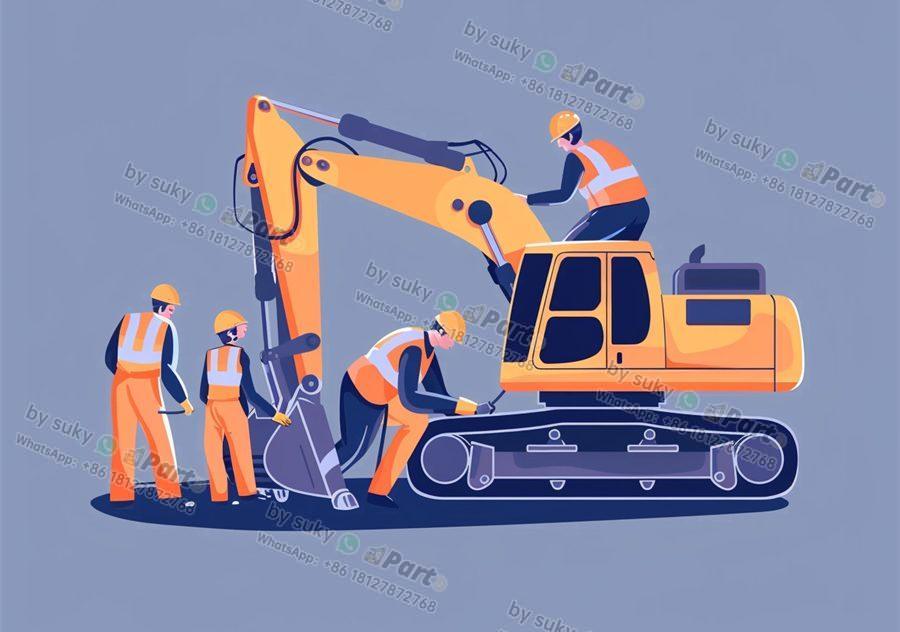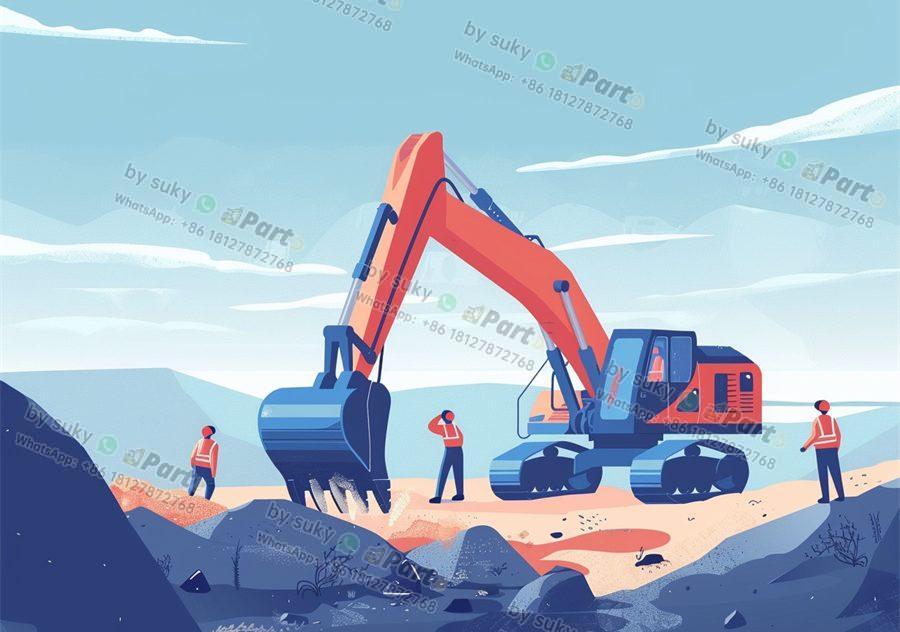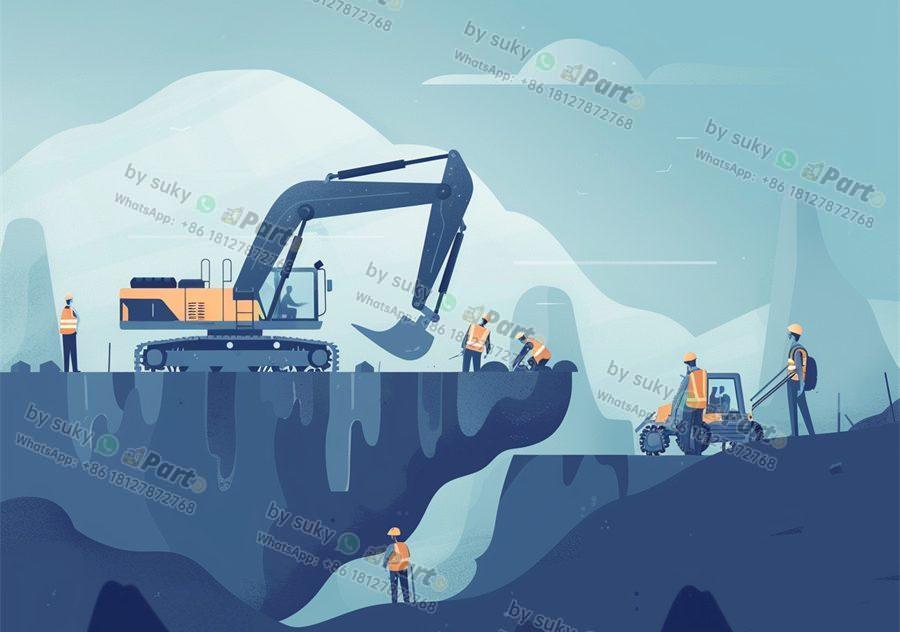Caterpillar hydraulic systems are a critical component of heavy-duty equipment used in a variety of industries, from construction to mining. Proper maintenance of these systems is essential to ensure the longevity and performance of machinery. Importers and distributors of construction vehicle parts must adhere to best practices to prevent costly breakdowns and keep machines operating at peak efficiency. Here are some top tips for maintaining Caterpillar hydraulic systems.
1. Regular Inspections
Regular inspections of Caterpillar hydraulic systems are key to preventing issues before they escalate. Inspect hoses, fittings, and connectors for signs of wear or damage, and replace any components that show signs of wear. Check hydraulic fluid levels and quality regularly, and top up or change the fluid as needed. By catching problems early, you can avoid major repairs down the line.
2. Follow Manufacturer’s Guidelines
Caterpillar provides specific guidelines for maintaining their hydraulic systems, including recommended service intervals and fluid specifications. It’s crucial to follow these guidelines to ensure optimal performance and prevent damage to the equipment. Deviating from manufacturer recommendations can lead to warranty voiding and costly repairs.
3. Proper Fluid Handling
Proper fluid handling is essential for maintaining Caterpillar hydraulic systems. Use only the recommended hydraulic fluid for your equipment, and store it in a clean, dry environment to prevent contamination. When adding or changing fluid, make sure to follow proper procedures to avoid introducing air bubbles or other contaminants into the system.
4. Monitor Operating Conditions
Monitoring operating conditions can help identify potential issues with Caterpillar hydraulic systems before they cause a breakdown. Keep an eye on hydraulic temperatures, pressures, and performance, and address any abnormalities promptly. Regularly check for leaks and address them immediately to prevent fluid loss and potential damage.
In conclusion, maintaining Caterpillar hydraulic systems is crucial for the smooth operation of heavy-duty equipment. By following these top tips, importers and distributors of construction vehicle parts can help prevent costly breakdowns and ensure the longevity of machinery. Regular inspections, following manufacturer guidelines, proper fluid handling, and monitoring operating conditions are key practices to keep Caterpillar hydraulic systems in top condition. Remember, prevention is always better than cure when it comes to hydraulic system maintenance.








